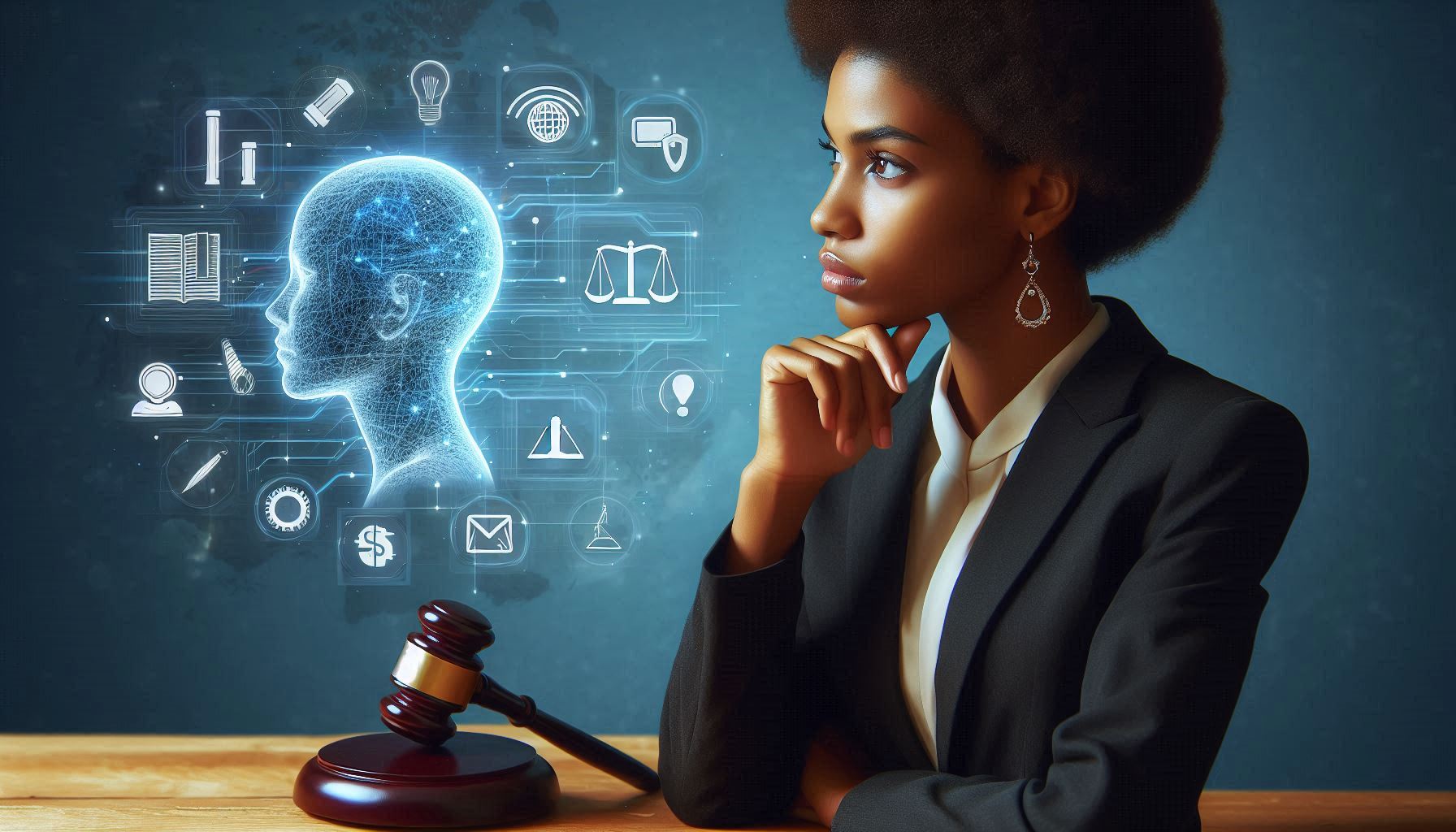The dangers of using ChatGPT in legal practice.
The legal profession is undergoing a significant transformation with the advent of artificial intelligence (AI) tools like ChatGPT. These technologies promise to revolutionize the way lawyers work, making tasks more efficient and streamlining processes. However, as lawyers increasingly rely on ChatGPT and other AI tools, it’s essential to acknowledge the potential risks and pitfalls associated with their use.
While ChatGPT can be a valuable resource for research, drafting, and organization, it’s crucial to recognize its limitations and potential biases. Lawyers must understand that AI tools are only as good as the data they’re trained on and the algorithms used to process that data. Moreover, AI lacks the nuance, critical thinking, and judgment that are hallmarks of good legal practice.
The consequences of relying too heavily on ChatGPT can be severe, with potential ramifications for lawyers, their clients, and the legal system as a whole. It’s essential to strike a balance between harnessing the benefits of AI and maintaining the high standards of professionalism and expertise that clients expect from their lawyers.
Inaccurate or Outdated Information
The training data used for systems such as ChatGPT may not always be up-to-date or accurate, which can lead to flawed legal arguments or incorrect application of law. For instance, if ChatGPT provides a lawyer with an outdated statute or case law, it could result in a failed motion or even malpractice. These are higher risk dangers of using ChatGPT in legal practice.
Lack of Contextual Understanding
ChatGPT may struggle to understand the nuances of a specific case or the intricacies of human language, leading to misinterpretation or misapplication of legal concepts. This could result in poorly drafted pleadings, motions, or briefs that harm a client’s case.
Further, ChatGPT is trained on publicly available data and NOT on your case or matter’s facts and information. Thus, it will not have the correct context to give you responses and insight about the specifics of your matter.
Insufficient Critical Thinking
Overreliance on Generative AI systems such as ChatGPT can stifle critical thinking and analysis, essential skills for lawyers. By relying too much on AI-generated content, lawyers may miss crucial legal issues, fail to spot weaknesses in their argument, or neglect to consider alternative perspectives. These are professional related dangers of using ChatGPT, or any generative AI system, in your legal practice.
Ramifications for Lawyers
The consequences of relying too heavily on ChatGPT can be severe:
- Malpractice claims
- Disciplinary action
- Damage to professional reputation
- Loss of client trust
- Adverse outcomes in litigation
Best Practices
To avoid these pitfalls, lawyers should:
- Use ChatGPT for general knowledge, but not a substitute for thorough research and analysis
- Verify information through traditional research methods
- Critically evaluate AI-generated content
- Maintain a healthy skepticism when relying on ChatGPT or any publicly trained AI systems
- Rely on Commercial Purpose-Built, Safe AI Systems for your Legal AI Needs
